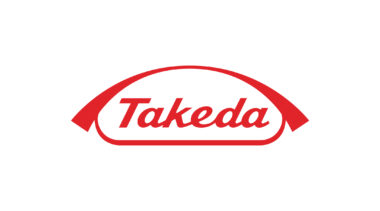For the first time, UNSW Sydney’s Centre for Healthy Brain Ageing (CHeBA) will consider the role of the brain microbiome in promoting health and the prevention of cognitive decline and dementia, thanks to a $90,000 grant awarded by the Mostyn Family Foundation – an inter-generational Foundation that was established in 2011 by brothers Richard, Andrew and Robert with their late father Bob Mostyn.
The new research, led by Dr Karen Mather, Head of CHeBA’s Genomics & Epigenomics Group, will enable researchers to systematically investigate the existence of the brain microbiome and its influence on healthy brain ageing.
Dementia has a profound impact on the population, both at an individual and societal level. There are more than 57 million people worldwide living with dementia and currently over 420,000 Australians with a dementia diagnosis. Despite increasing evidence that certain environmental and lifestyle factors can help reduce risk of dementia, there is limited understanding of the microbiome of the brain and its relationship with neurodegenerative diseases such as Alzheimer’s.
“The significance of the human microbiome in health and disease has never been more evident,” says Dr Mather.
“Up until now research has focused solely on the role of the gut microbiome in maintaining health and fighting disease.”
The microbiome includes bacteria and viruses, which reside within and outside our bodies. These organisms impact our physiology in diverse ways, including influencing the regulation of our immune system, digestion and metabolism. The microbiome plays essential roles in healthy individuals but can also contribute to disease.
More recently research has been directed toward exploring the presence or absence of a brain microbiome, which is known to have implications for brain health and disease. However, this is a contentious issue with previous work yielding inconsistent results.
“This project will investigate the existence of the brain microbiome by optimising brain sampling and microbiome techniques and examining brains from ‘healthy’ and neurodegenerative disease cases obtained from the Sydney Brain Bank at Neuroscience Research Australia,” says Dr Mather.
“Significantly, this work will add to the body of literature regarding the brain microbiome, and its potential relationships with healthy brain ageing and neurodegenerative disease.”
Co-Director of CHeBA, Professor Perminder Sachdev says that this project has the potential to break new ground and produce a paradigm shift in our conceptualisation of neurodegenerative disease.
The study is led by Head of CHeBA’s Genomics & Epigenomics Group, Dr Karen Mather, working together with Dr Claire Shepherd, Director of the Sydney Brain Bank, based at Neuroscience Research Australia (NeuRA), and Dr Fatima El-Assaad, an international expert on the microbiome from the Microbiome Research Centre at UNSW. An international PhD student will also work on this project using cutting-edge techniques to examine the brain microbiome.
About us:
www.cheba.unsw.edu.au
Contact details:
Heidi Douglass | 0435 579 202


